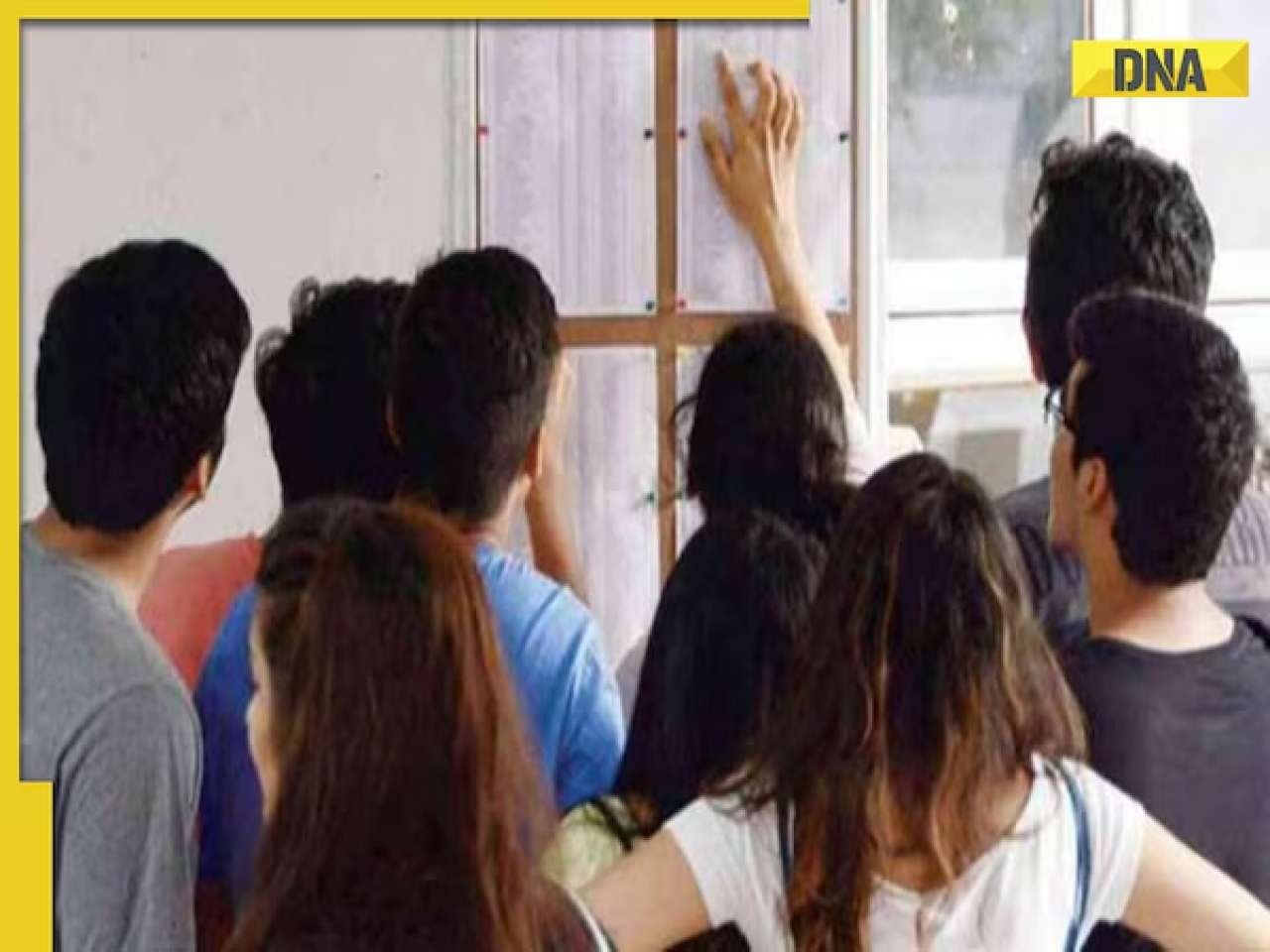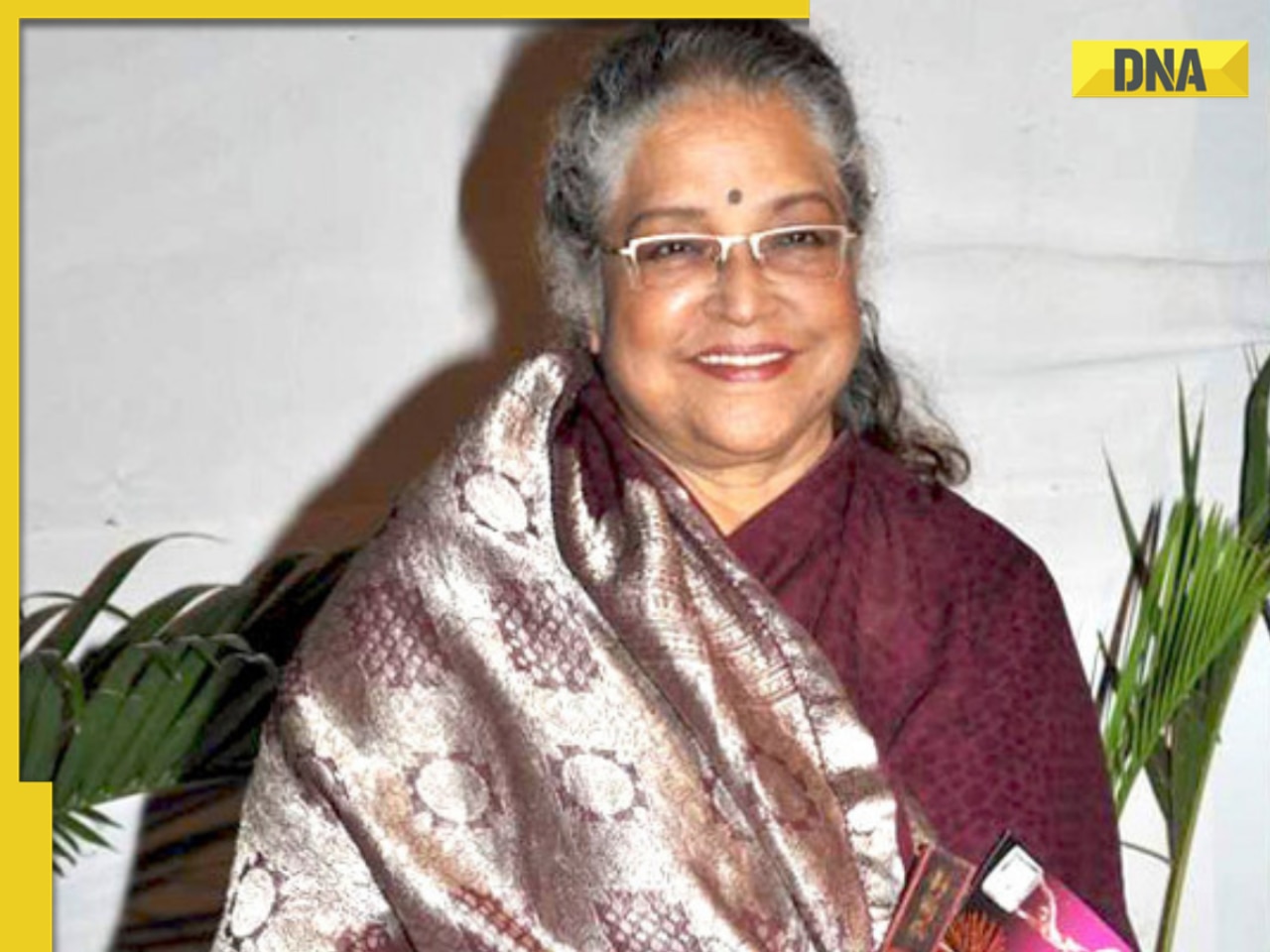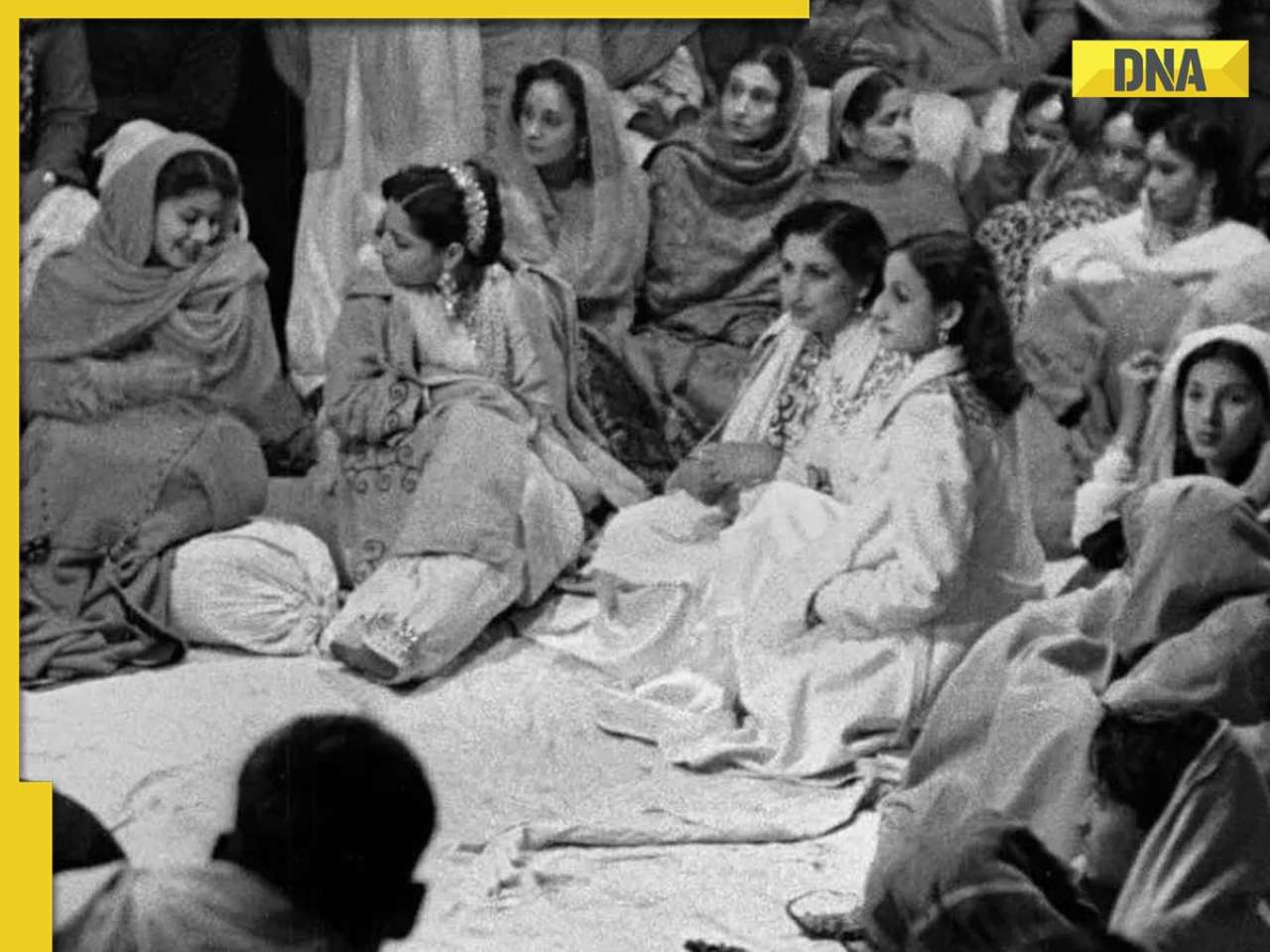Employees at two of Wipro Technologies’ centres in Bangalore can now communicate with their colleagues in one of the US centres
As soaring fuel costs make travel dearer, options such as video conferencing gain traction
MUMBAI/ BANGALORE: Employees at two of Wipro Technologies’ centres in Bangalore can now communicate with their colleagues in one of the US centres on the video screen, obviating the need to travel the distance in connection with official work.
The country’s third-largest IT company has installed what is known as telepresence technology, from networking major Cisco, at these three centres.
According to Sudip Nandy, president — technology, media & telecom (TMT), Wipro Technologies, the technology saves both time and money by cutting business travel costs.
Soaring jet fuel prices have pushed up airfares in recent months, forcing a reduction in the number of people taking to the skies. Corporates are increasingly economising on travel and asking employees to bunch up meetings, etc in a bid to keep a leash on costs.
Wipro isn’t alone in looking for alternatives to air travel.
Says Alok Kejriwal, founder and chairman, Contests2Win, “In the last three years, it had almost become a habit to tell our business partners that we’ll just take the next flight and come over for a meeting. That is not really the case anymore.”
Needless to say, even Kejriwal is relying on technology to prune travel costs. “Earlier we used to fly in people for interviews. Not anymore. We use a lot more of video conferencing now,” he says.
Dinesh Sehgal, regional director of Tandberg India, which provides video conferencing solutions, says the segment is growing at over 25% a year. He is confident that any cutback in corporate spending on travel will only hasten the adoption of video conferencing.
This bodes ill for domestic corporate air travel though. Ajay Prakash, a travel agent and the national general secretary of the Travel Agents Federation of India (Tafi), says, “There has been a 10-15% drop in corporate movements. If fares go up anymore, and with inflation the way it is, corporate travel will take further hit.”
The dip in business air travel is particularly sharp on the shorter routes, such as Bangalore-Chennai, Delhi-Jaipur and Mumbai-Pune. In such cases, the business travellers are shifting to rail or road.
Suresh J, chief executive officer, Arvind Brands, says, “While we always look at cutting costs, for routes like Chennai-Bangalore, it might be cheaper to travel by road.”
Sunil Bijlani, CEO of travel agency Business and Pleasure Travel World echoes the view: “It is for destinations like Goa (from Mumbai), which is an overnight train journey, that there would be a shift.”
This has led to a decline in the passenger load factor on short-haul routes over the last few quarters, forcing many airlines to withdraw flights.
However, Parthasarthy Basu, chief financial officer, SpiceJet Ltd begs to differ. He feels the softening in air travel is more pronounced in the leisure segment.
“Even though the overall air travel has come down, we have seen our percentage of corporate travellers increase from around 40% a few months back to 49% this month,” says Basu.
His argument? Companies may have cut down on discretionary air travel, but there is no beating down essential travel.
An analyst backs Basu’s claim of a growth in business travel. According to him, it is the leisure travel segment that has shrunk dramatically.
In June, the total number of passengers carried by domestic carriers tumbled 3.9% year-on-year to 35.06 lakh.
An industry expert marks out yet another trend - that of travellers shifting from full service carriers to budget airlines as ticket costs soar. “Where the timing suits them, many company executives who were earlier travelling by Jet Airways and Kingfisher Airlines are opting for JetLite, SpiceJet, IndiGo and other budget carriers.”
Be that as it may, for now. Virtual reality is certain to hit more corporate tabletops should oil prices hold firm much longer hereon.
p_sharma@dnaindia.net, n_john@dnaindia.net
![submenu-img]() Balancing Risk and Reward: Tips and Tricks for Good Mobile Trading
Balancing Risk and Reward: Tips and Tricks for Good Mobile Trading![submenu-img]() Balmorex Pro [Is It Safe?] Real Customers Expose Hidden Dangers
Balmorex Pro [Is It Safe?] Real Customers Expose Hidden Dangers![submenu-img]() Sight Care Reviews (Real User EXPERIENCE) Ingredients, Benefits, And Side Effects Of Vision Support Formula Revealed!
Sight Care Reviews (Real User EXPERIENCE) Ingredients, Benefits, And Side Effects Of Vision Support Formula Revealed!![submenu-img]() Java Burn Reviews (Weight Loss Supplement) Real Ingredients, Benefits, Risks, And Honest Customer Reviews
Java Burn Reviews (Weight Loss Supplement) Real Ingredients, Benefits, Risks, And Honest Customer Reviews![submenu-img]() Gurucharan Singh is still unreachable after returning home, says Taarak Mehta producer Asit Modi: 'I have been trying..'
Gurucharan Singh is still unreachable after returning home, says Taarak Mehta producer Asit Modi: 'I have been trying..'![submenu-img]() RBSE 12th Result 2024 Live Updates: Rajasthan Board Class 12 results DECLARED, get direct link here
RBSE 12th Result 2024 Live Updates: Rajasthan Board Class 12 results DECLARED, get direct link here![submenu-img]() IIT graduate Indian genius ‘solved’ 161-year old maths mystery, left teaching to become CEO of…
IIT graduate Indian genius ‘solved’ 161-year old maths mystery, left teaching to become CEO of…![submenu-img]() RBSE 12th Result 2024 Live Updates: Rajasthan Board Class 12 results to be announced soon, get direct link here
RBSE 12th Result 2024 Live Updates: Rajasthan Board Class 12 results to be announced soon, get direct link here![submenu-img]() Meet doctor who cracked UPSC exam to become IAS officer but resigned after few years due to...
Meet doctor who cracked UPSC exam to become IAS officer but resigned after few years due to...![submenu-img]() IIT graduate gets job with Rs 45 crore salary package, fired after few years, buys Narayana Murthy’s…
IIT graduate gets job with Rs 45 crore salary package, fired after few years, buys Narayana Murthy’s…![submenu-img]() DNA Verified: Is CAA an anti-Muslim law? Centre terms news report as 'misleading'
DNA Verified: Is CAA an anti-Muslim law? Centre terms news report as 'misleading'![submenu-img]() DNA Verified: Lok Sabha Elections 2024 to be held on April 19? Know truth behind viral message
DNA Verified: Lok Sabha Elections 2024 to be held on April 19? Know truth behind viral message![submenu-img]() DNA Verified: Modi govt giving students free laptops under 'One Student One Laptop' scheme? Know truth here
DNA Verified: Modi govt giving students free laptops under 'One Student One Laptop' scheme? Know truth here![submenu-img]() DNA Verified: Shah Rukh Khan denies reports of his role in release of India's naval officers from Qatar
DNA Verified: Shah Rukh Khan denies reports of his role in release of India's naval officers from Qatar![submenu-img]() DNA Verified: Is govt providing Rs 1.6 lakh benefit to girls under PM Ladli Laxmi Yojana? Know truth
DNA Verified: Is govt providing Rs 1.6 lakh benefit to girls under PM Ladli Laxmi Yojana? Know truth![submenu-img]() Urvashi Rautela mesmerises in blue celestial gown, her dancing fish necklace steals the limelight at Cannes 2024
Urvashi Rautela mesmerises in blue celestial gown, her dancing fish necklace steals the limelight at Cannes 2024![submenu-img]() Kiara Advani attends Women In Cinema Gala in dramatic ensemble, netizens say 'who designs these hideous dresses'
Kiara Advani attends Women In Cinema Gala in dramatic ensemble, netizens say 'who designs these hideous dresses'![submenu-img]() Influencer Diipa Büller-Khosla looks 'drop dead gorgeous' in metallic structured dress at Cannes 2024
Influencer Diipa Büller-Khosla looks 'drop dead gorgeous' in metallic structured dress at Cannes 2024![submenu-img]() Kiara Advani stuns in Prabal Gurung thigh-high slit gown for her Cannes debut, poses by the French Riviera
Kiara Advani stuns in Prabal Gurung thigh-high slit gown for her Cannes debut, poses by the French Riviera![submenu-img]() Heeramandi star Taha Shah Badussha makes dashing debut at Cannes Film Festival, fans call him ‘international crush’
Heeramandi star Taha Shah Badussha makes dashing debut at Cannes Film Festival, fans call him ‘international crush’![submenu-img]() Haryana Political Crisis: Will 3 independent MLAs support withdrawal impact the present Nayab Saini led-BJP government?
Haryana Political Crisis: Will 3 independent MLAs support withdrawal impact the present Nayab Saini led-BJP government?![submenu-img]() DNA Explainer: Why Harvey Weinstein's rape conviction was overturned, will beleaguered Hollywood mogul get out of jail?
DNA Explainer: Why Harvey Weinstein's rape conviction was overturned, will beleaguered Hollywood mogul get out of jail?![submenu-img]() What is inheritance tax?
What is inheritance tax?![submenu-img]() DNA Explainer: What is cloud seeding which is blamed for wreaking havoc in Dubai?
DNA Explainer: What is cloud seeding which is blamed for wreaking havoc in Dubai?![submenu-img]() DNA Explainer: What is Israel's Arrow-3 defence system used to intercept Iran's missile attack?
DNA Explainer: What is Israel's Arrow-3 defence system used to intercept Iran's missile attack?![submenu-img]() Gurucharan Singh is still unreachable after returning home, says Taarak Mehta producer Asit Modi: 'I have been trying..'
Gurucharan Singh is still unreachable after returning home, says Taarak Mehta producer Asit Modi: 'I have been trying..'![submenu-img]() ‘Jo mujhse bulwana chahte ho…’: Angry Dharmendra lashes out after casting his vote in Lok Sabha Elections 2024
‘Jo mujhse bulwana chahte ho…’: Angry Dharmendra lashes out after casting his vote in Lok Sabha Elections 2024![submenu-img]() Deepika Padukone spotted with her baby bump as she steps out with Ranveer Singh to cast her vote in Lok Sabha elections
Deepika Padukone spotted with her baby bump as she steps out with Ranveer Singh to cast her vote in Lok Sabha elections![submenu-img]() Jr NTR surprises fans on birthday, announces NTR 31 with Prashanth Neel, shares details
Jr NTR surprises fans on birthday, announces NTR 31 with Prashanth Neel, shares details ![submenu-img]() 86-year-old Shubha Khote wins hearts by coming out to cast her vote in Lok Sabha elections, says meant to inspire voters
86-year-old Shubha Khote wins hearts by coming out to cast her vote in Lok Sabha elections, says meant to inspire voters![submenu-img]() Watch viral video: Man gets attacked after trying to touch ‘pet’ cheetah; netizens react
Watch viral video: Man gets attacked after trying to touch ‘pet’ cheetah; netizens react![submenu-img]() Real story of Lahore's Heermandi that inspired Netflix series
Real story of Lahore's Heermandi that inspired Netflix series![submenu-img]() 12-year-old Bengaluru girl undergoes surgery after eating 'smoky paan', details inside
12-year-old Bengaluru girl undergoes surgery after eating 'smoky paan', details inside![submenu-img]() Viral video: Pakistani man tries to get close with tiger and this happens next
Viral video: Pakistani man tries to get close with tiger and this happens next![submenu-img]() Owl swallows snake in one go, viral video shocks internet
Owl swallows snake in one go, viral video shocks internet


























































)
)
)
)
)
)